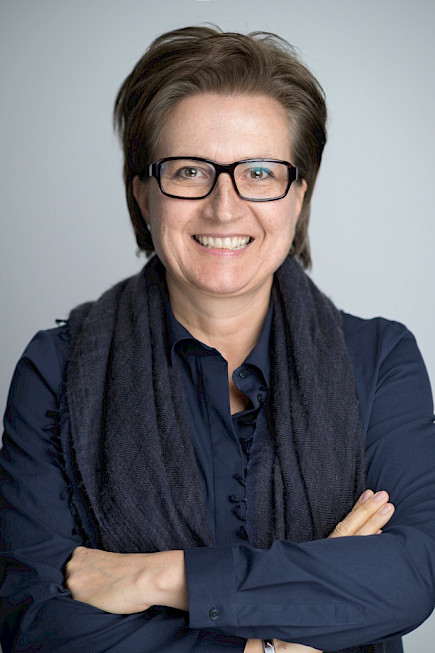The hospitality sector must be run as a highly professional business. We are never protected from crises.
Dipl. Hôtelière EHL and board member Bettina Plattner-Gerber describes in an interview how she defines business excellence and how the EFQM model offers orientation «in the jungle of possibilities».

What does EFQM stand for?
EFQM offers a broad framework in which a company becomes capable of top performance. And this is independent of maturity level and industry. It is a great instrument to put theoretical things into practice and to measure constantly in order to improve. The Business Excellence Model simply helps to create an overview and see the connection between cause and effect. It is almost like a template that you put over the company. Without such a tool, you are basically always wandering around in an infinite space, not knowing exactly where the company is strong and where there is a need for development.
Leading with a template?
That would be too short a thought. It is mainly about guard rails. When I think with EFQM, I have everything in it. And within this framework I am completely free, I can put in what I want. And then I measure again and see, yes, that was good, or I find that I'm doing something that doesn't help at all, so get rid of it. It simply helps me to see if I am effective. The clearer the vision is and the more clearly it is communicated, the easier it is to guide people. And EFQM helps you do just that. Because the model makes it clearly visible where and how things flow, where it is good, where less good, where not at all.
What chances does EFQM have of gaining a broad foothold in the hotel industry?
Actually very good ones, if it succeeds in making the industry understand that it is not as difficult as is often assumed. And if it succeeds in translating the model and showing its simplicity. The biggest problem for hoteliers is the lack of time. Managers in the hotel industry never have time, they are practically working 24 hours a day on the guest and employee front. In the hotel industry we are often "disturbed", we have virtually a post at the counter, we must always be present. This makes it more difficult to withdraw and to look and think outside the box.
How can the time argument be refuted?
By showing that the model is not so difficult in itself that it can be easily translated into the hotel industry. By explaining the strategies, showing how the model can be integrated into everyday life. A hotelier must learn to take a break from everyday life, to organise himself in such a way that he has time to think about his strategy, his management, about the future. He can do this best with EFQM.
EFQM as a map for thinking?
This model makes a lot of things easier for hoteliers that they have to do anyway. It offers orientation in the jungle of possibilities. The hotel industry must be run as a highly professional business. We are never protected from crises. With EFQM we have a fitness device on a silver platter.
Tourism entrepreneurThe Dipl. Hôtelière EHL (Hotel Post Pontresina, Hotel Saratz Pontresina, Hotel Castell Zuoz) and tourism entrepreneur is Chairman of the Board of Directors of Gasthaus Krone La Punt AG and is the author of "When couples run businesses, a manual" and "Engadin St. Moritz - a valley writes stories". She is co-owner of the ALPINELODGING brand, a new concept for holiday flats with services in Engadin St. Moritz.
